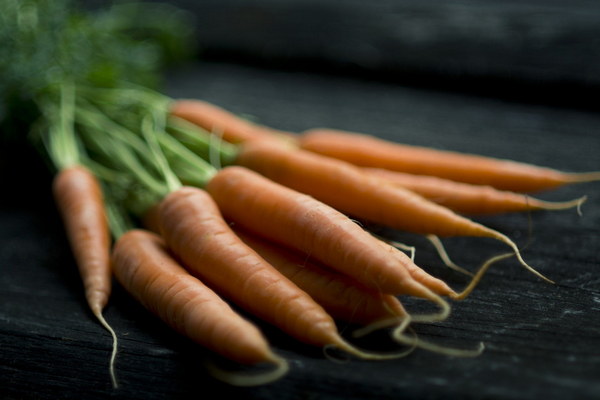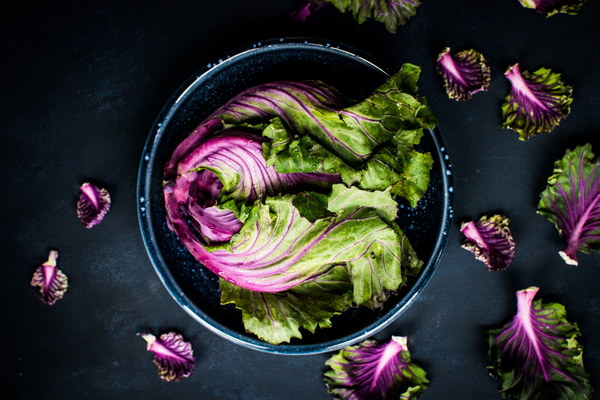PostGastroscopy Care Tips for Maintaining a Healthy Stomach
After undergoing a gastroscopy, it's essential to take proper care of your stomach to ensure a quick and smooth recovery. This procedure, also known as an endoscopy, allows doctors to examine the lining of your esophagus, stomach, and the first part of your small intestine. To aid your healing process, here are some valuable tips on how to maintain a healthy stomach after a gastroscopy.
1. Follow Your Doctor's Instructions
It's crucial to adhere to your doctor's recommendations following a gastroscopy. This may include:
- Avoiding certain foods: Your doctor may advise you to steer clear of spicy, acidic, or fried foods for a few days.
- Taking prescribed medications: If you've been prescribed medications, such as painkillers or antacids, make sure to take them as directed.
- Monitoring your symptoms: Keep track of any discomfort, pain, or changes in your digestion, and report them to your doctor if necessary.
2. Eat Soft Foods
After a gastroscopy, your stomach may be sensitive. To minimize discomfort and aid digestion, consume soft foods like:
- Mashed potatoes
- Rice
- Creamy soups
- Scrambled eggs
- Well-cooked vegetables
Gradually reintroduce other foods into your diet as your stomach begins to heal.
3. Stay Hydrated
Drinking plenty of fluids is essential for maintaining good digestion and preventing constipation. Aim to drink at least eight glasses of water daily, and consider adding broths or clear juices to your diet.
4. Avoid Smoking and Alcohol
Smoking and alcohol can irritate your stomach lining and delay the healing process. Avoid these substances until you feel fully recovered.
5. Manage Stress
Stress can exacerbate stomach discomfort and pain. Practice stress-reducing techniques, such as deep breathing, meditation, or yoga, to help your body heal more quickly.
6. Maintain Good Oral Hygiene
Poor oral hygiene can lead to stomach infections. Brush your teeth and tongue after meals, and floss regularly to keep your mouth clean.
7. Avoid Straining During Bowel Movements
Straining during bowel movements can cause pain and discomfort. To prevent constipation, increase your fiber intake and stay hydrated. If you experience constipation, consider taking a gentle laxative as recommended by your doctor.
8. Get Adequate Rest
Resting allows your body to heal more efficiently. Make sure to get enough sleep and take breaks throughout the day to prevent fatigue.
9. Monitor Your Diet
Once you've fully recovered, it's essential to maintain a healthy diet. Incorporate the following foods into your diet:
- Lean proteins: Fish, poultry, and tofu are excellent sources of lean protein.
- Whole grains: Foods like whole-wheat bread, brown rice, and quinoa provide fiber and essential nutrients.
- Fruits and vegetables: Aim for a variety of colorful fruits and vegetables to ensure you're getting a wide range of vitamins and minerals.
- Healthy fats: Avocado, nuts, and seeds are great sources of healthy fats that can help reduce inflammation.
10. Schedule Follow-Up Appointments

If your gastroscopy revealed any abnormalities, your doctor may schedule follow-up appointments to monitor your condition. Attend these appointments and follow any additional recommendations your doctor provides.
By following these tips, you can help ensure a smooth recovery and maintain a healthy stomach after a gastroscopy. Remember to consult with your doctor if you have any concerns or questions about your recovery process.









